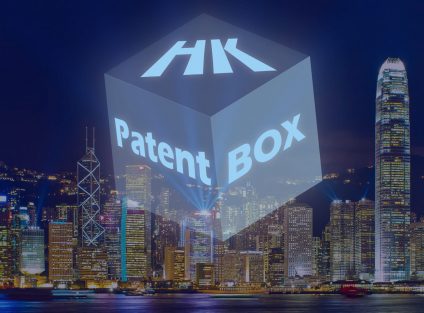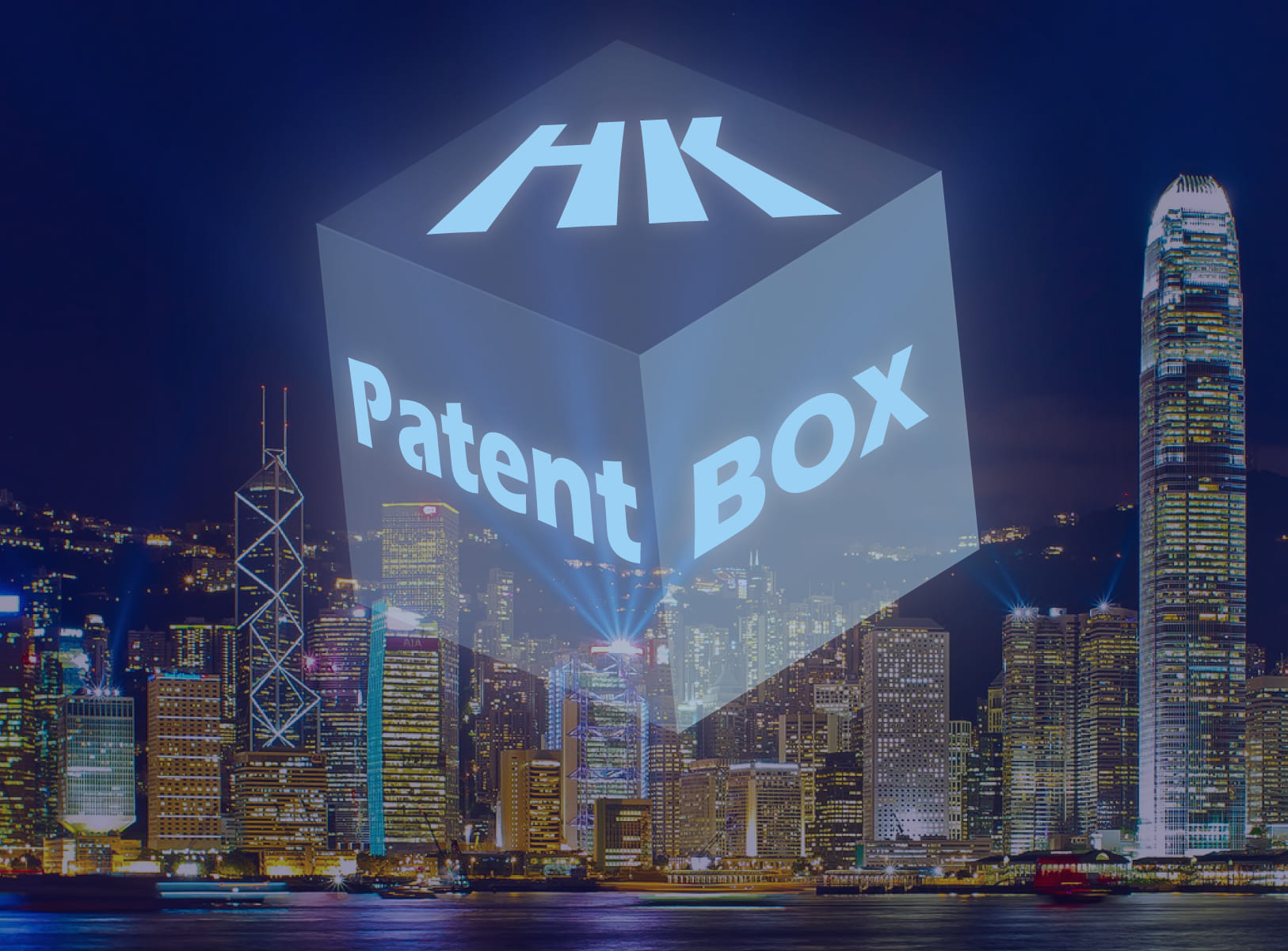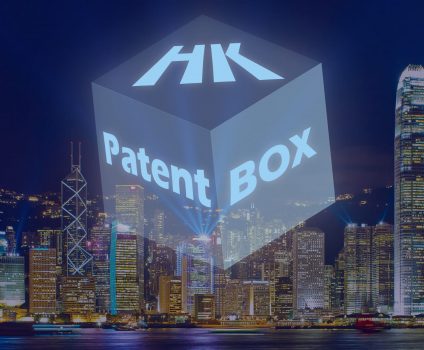Hong Kong, 2024 – The Hong Kong Government has announced the introduction of a ‘Patent Box’ tax incentive policy, set to roll out in 2024, aimed at encouraging businesses to engage in research and development (R&D) and innovation within Hong Kong. This policy offers tax incentives specifically designed for enterprises that conduct substantial R&D activities in the territory.
 As the global emphasis on the management and protection of intellectual property rights (IPR) intensifies, the Hong Kong Government has also adjusted its tax policy regarding ‘offshore passive IPR income’. From 2023 onwards, Hong Kong no longer provides a blanket tax exemption for such income, instead offering tax-exempt status only to those offshore passive IPR incomes that meet certain criteria. This move is intended to ensure that IPR income is associated with substantial economic activities within Hong Kong, encouraging companies to innovate and develop locally.
As the global emphasis on the management and protection of intellectual property rights (IPR) intensifies, the Hong Kong Government has also adjusted its tax policy regarding ‘offshore passive IPR income’. From 2023 onwards, Hong Kong no longer provides a blanket tax exemption for such income, instead offering tax-exempt status only to those offshore passive IPR incomes that meet certain criteria. This move is intended to ensure that IPR income is associated with substantial economic activities within Hong Kong, encouraging companies to innovate and develop locally.
The policy update not only reflects the Hong Kong Government’s support for substantive R&D activities but also demonstrates its willingness to adjust IPR income taxation to align with international tax compliance trends. The implementation of this policy could impact Hong Kong’s local innovation and technology development ecosystem and also sets new expectations for IPR protection standards regionally and globally.
In an era where intellectual property rights are becoming increasingly important, the protection and management of patents and trademarks are particularly crucial. Portal-International IPR Group, with its professional IPR services, offers comprehensive patent and trademark application support for businesses, helping them capitalize on policy benefits, enhance IPR protection, and maximize the advantages of the ‘Patent Box’ tax incentive policy. Faced with new tax regulations, Portal-International IPR Group is committed to providing clients with professional consultation and strategic planning, ensuring they can effectively protect and manage their intellectual property rights under the new policy.


